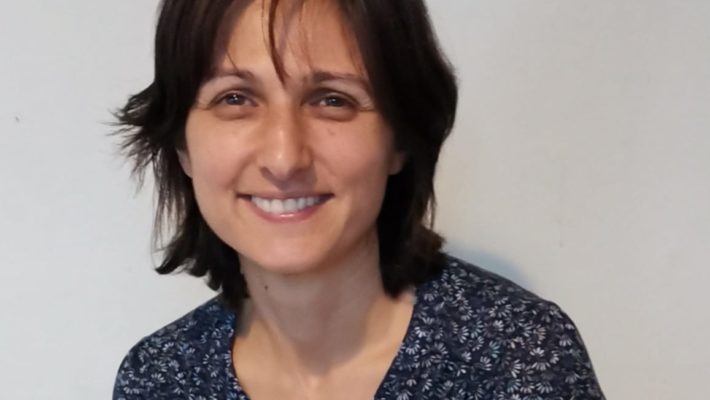Assessing emergence from a prolonged disorder of consciousness
Assessing emergence from a prolonged disorder of consciousness

Amy Pundole, Clinical Lead Speech and Language Therapist at the RHN, had the first article from her PhD titled ‘Assessing emergence from a prolonged disorder of consciousness: Current opinion and practice in the UK’ published in May.
Amy has worked with prolonged disorder of consciousness (PDOC) patients at the RHN for many years. Her experience has helped to identify clinical areas that require further research.
“As a speech and language therapist (SLT), I focus on assessing communication and trying to optimise each patient’s communication abilities. Assessments to determine if a patient has emerged from PDOC are currently based on narrow criteria and require a patient with a significant brain injury to respond with 100% accuracy,” said Amy.
“The aim of my PhD is to look at how we can improve assessments for patients emerging from PDOC. This will provide information on their communication function and prognosis to help clinicians and family members to make complex decisions about ongoing treatment and therapy input.”
Determining whether a patient has emerged from PDOC can be difficult. As part of the first stage of her PhD, Amy sent out an online survey to similar multidisciplinary teams across the UK to find out what their experiences and practices were.
“It was really exciting to to find that other teams have had similar experiences. The findings have also helped me plan the next stages of research.”
Amy recently presented her studies on the RHN’s first online webinar, which was widely attended by professionals across the globe.
“Presenting the webinar was really positive although using Zoom is strange. The only person I could see when talking was myself and not the audience! But it generated a range of questions and discussion and was able to reach a lot of people, so I look forward to repeating the experience to report on the findings from the next stages of my research.”